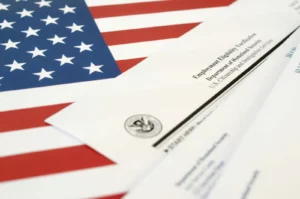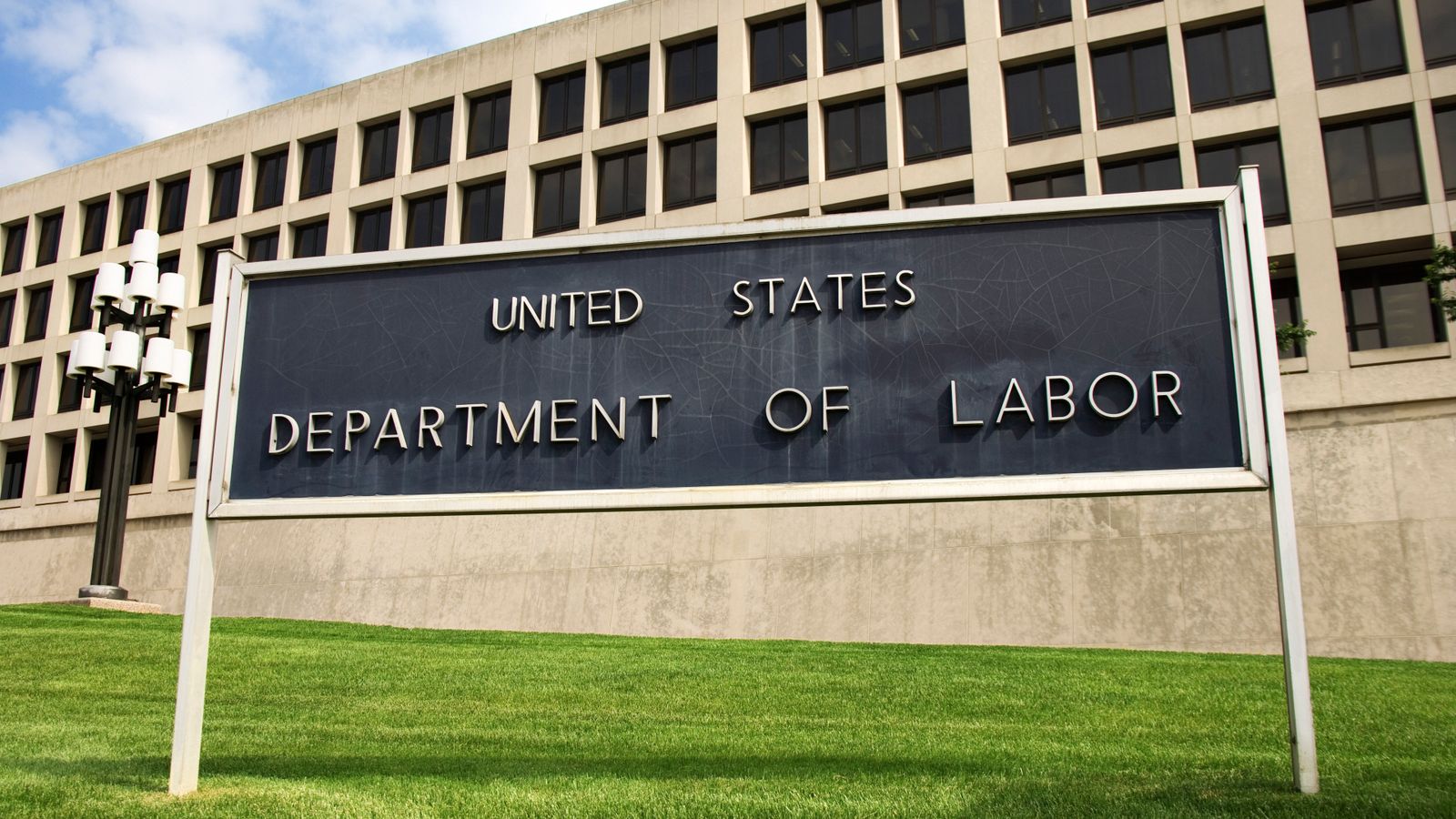Share
The U.S. Department of Labor will propose an increase of the minimum salary threshold for overtime eligibility under the Fair Labor Standards Act to $1,059 per week, or $55,068 per year, the agency announced Wednesday.
What are the new overtime rules proposed by DOL?
The proposed threshold would mark an increase from the current level of $35,568 per year — set by the Trump administration in 2019 — and even surpasses the $47,476 threshold that the Obama administration attempted to set in 2016. DOL’s proposal also would increase the total annual compensation requirement for highly compensated employees to $143,988 per year. The updated regulations would expand overtime eligibility to some 3.6 million workers.
Additionally, the proposal outlines an automatic update provision for future overtime thresholds beyond what is included in the proposed rule and would not make changes to the FLSA’s “duties test” for determining overtime eligibility.
What are overtime rules?
Overtime rules specifically deal with Section 13(a)(1) of the FLSA, which exempts from both minimum wage and overtime pay workers employed as bona fide executive, administrative, professional and outside sales employees, as well as some computer employees.
Job titles alone do not determine an employee’s exempt status, and employers may use nondiscretionary bonuses and incentive payments paid on an annual or more frequent basis, including commissions, to satisfy up to 10% of an employee’s standard salary level for purposes of the rule.
The new proposal includes an automatic update provision that would change both the standard salary threshold and the highly compensated employee threshold every three years using “current wage data.”
What’s next for the DOL’s proposed overtime rules?
Once published in the Federal Register, the proposal will be subject to a 60-day public comment period. DOL would publish a notice in the Federal Register no fewer than 150 days prior to each automatic update stating the updated amounts required under the regulations. The proposal provides that such updates may be delayed from taking effect for a 120-day period if the notice of proposed rulemaking is published no fewer than 150 days before an update is set to take effect.
If past efforts are any indication, the rule would likely see challenges in court. That thinking is based partly on past precedent, including the combined challenges from multiple states and employer groups after the Obama administration’s attempted to increase the threshold in 2016.
Get easier time management and overtime compliance with Netchex
Overtime is an important topic for businesses of all sizes. Excessive overtime leads to overspending for your company and overworked staff—on top of various employment laws and labor regulations to consider. Managing overtime is a crucial topic for HR and managers to plan for and address.
The right HR software can streamline changes to your scheduling and timekeeping policies, automatically tracking overtime pay for each week. Approach excessive overtime as an opportunity to improve efficiency and help your staff become more efficient at teamwork.
With an audit, HR can conduct a deep-dive investigation into your organizations’ operations to determine if everything is in line with federal and local guidelines, while simultaneously adhering to the needs of employees. Learn more about HR’s role in ensuring company-wide compliance.
Discover how Netchex can help your company manage overtime regulations and other labor and compliance laws:
Related articles

Overtime Overruled: 2024 Overtime Rule Vacated, Reverts to 2019 Threshold

HR Rules + Legislation Updates: Overtime, Non-Compete, Joint Employer, and More

HR Legislation: 2024 Updates to Independent Contractors and Joint Employer Rules

